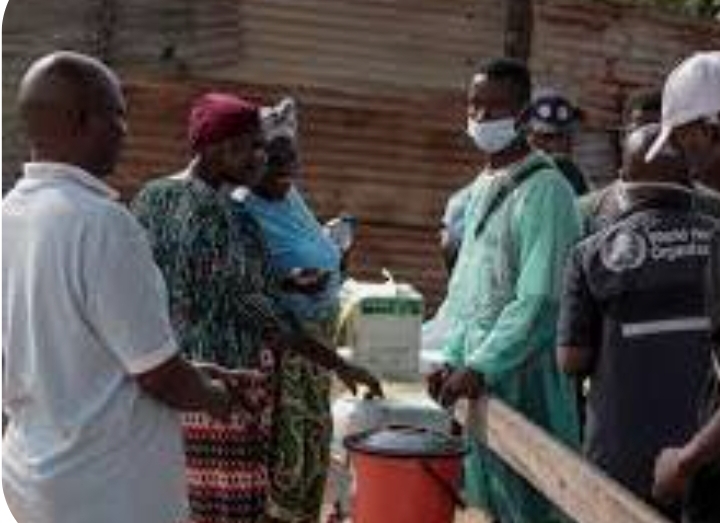Angola is battling its worst cholera outbreak in 20 years, with nearly 600 deaths and over 18,000 cases since January. Despite efforts including vaccination campaigns and rapid response teams, the country’s case fatality rate remains high at 3.2%. Health workers are under intense strain, and the outbreak primarily affects those under 20. The crisis is part of a broader cholera surge in Eastern and Southern Africa.
Cholera Outbreak in Angola Claims Nearly 600 Lives


Angola is currently grappling with its most severe cholera outbreak in two decades, as the disease has spread to 17 of the country’s 21 provinces since January. According to United Nations agencies, the outbreak has resulted in nearly 600 deaths and over 18,000 reported cases as of early May.
In response to the crisis, Angola’s Ministry of Health, in collaboration with the World Health Organization (WHO) and other partners, has undertaken a series of interventions. These include intensified case detection efforts, the deployment of rapid response teams, and extensive community engagement initiatives.
“We walk around with loudspeakers, urging people to do what they can to get rid of this evil,” said António Catunda, a Health Promotion Supervisor.
A vaccination campaign was launched in February and has so far reached 1 million people. Nevertheless, the outbreak continues to take a toll, with the country's case fatality rate standing at 3.2%—significantly higher than the 1% benchmark that typically indicates timely and adequate cholera treatment.
Health workers on the frontlines are facing immense challenges. “We're tired of seeing deaths, we're tired of seeing patients with these problems,” said Flávio Njinga, a community development and health agent (Adeco).
“We also want to rest, and we can't. Since 13 January, when we started battling cholera, we've been fighting it all the time. We want at least one day of rest, but we can't rest. We are the rapid response team, and we won't stop until this is over.”
The outbreak is impacting individuals across all age groups, with a particularly high incidence among people under the age of 20. Angola’s last major cholera surge in 2006 claimed more than 2,700 lives. Since then, the country has experienced periodic outbreaks, particularly during the rainy season.
More than 178,000 cholera cases have been confirmed across Eastern and Southern Africa between January 2024 and March 2025, with South Sudan and Angola bearing the brunt of the crisis, according to UNICEF.

 বাংলা
বাংলা  Spanish
Spanish  Arabic
Arabic  French
French  Chinese
Chinese 
